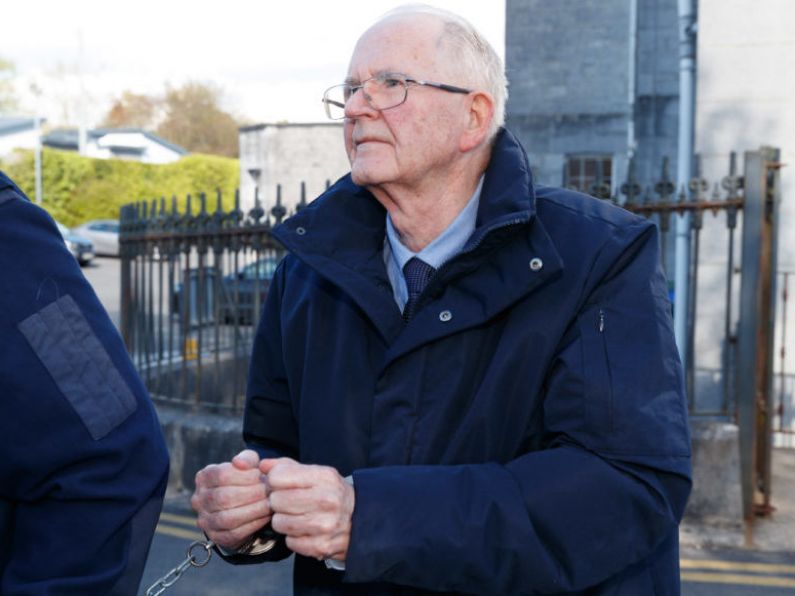Teachers have very mixed views on how badly-needed changes to assessment methods for Leaving Certificate should be introduced, early consultations have found.
The issue could prove a stumbling block as efforts to remove problematic aspects of the two-year senior cycle progress, following major industrial unrest among teachers around new assessment methods for junior cycle.
Analysis of the views of students, parents and teachers around the current senior cycle, and how it might be improved, was carried out by the Economic and Social Research Institute (ESRI).
Its report for the National Council for Curriculum and Assessment (NCCA) was based on preliminary discussions on the topic this term at 41 second-level schools and will help inform how proposals for reform are designed.
As a way to alleviate pressure and stress associated with Leaving Certificate exams, parents and teachers want to see a variety of assessment methods introduced - something strongly favoured among the 2,500 young people who took part.
Teachers support moving away from a system that does not suit those with special needs or better suited to practical than academic education. But the ESRI found less consensus on how new assessment methods, including any like those being introduced at junior cycle, should be rolled out.
The potential impact on the workload of students and teachers from varied timing of assessments was raised, and teachers were also split on the question of who should do the assessment. Some called for class-based assessments (CBAs) used in junior cycle to be extended, but others said projects and portfolios need to be marked externally to maintain comparability across schools.
“If CBAs come in for senior cycle, the responsibilities on teachers is [sic] unacceptable as teachers will then be responsible for the grade that decides their future career - negative rapport," said the report from one school.
Teachers at another school said they need to be wary of assessing their own students for State exams. They told the NCCA: "The system has its faults but objectivity of the terminal exam is positive."
The dispute about teachers being required to assess their own students for part of the revised junior cycle led to significant disruption, and several strike days, at the country's 730 second-level schools from 2012 to last year. Several issues in the ongoing implementation of those reforms were also raised by staff in their contributions to the NCCA consultation on senior cycle.
The feedback from disadvantaged schools, supported by the Department of Education’s DEIS programme, was more strongly in favour of requiring students to take fewer Leaving Certificate subjects or to have a greater choice of more subjects promoting practical or creative skills. This option or the choice of also doing short courses like those now open to students during junior cycle were suggested by just over half the 41 schools that organised internal discussions this term as part of the NCCA exercise.
The emerging issues were discussed with various interest group at seminars last month. Schools will provide feedback in January about the extent to which the current system offers flexible learning or provides pathways for all students. Following further seminars in February and a final ESRI overview of the findings will go for public consultation in March, to inform a final report with recommendations on the next stages to the NCCA board in June.






